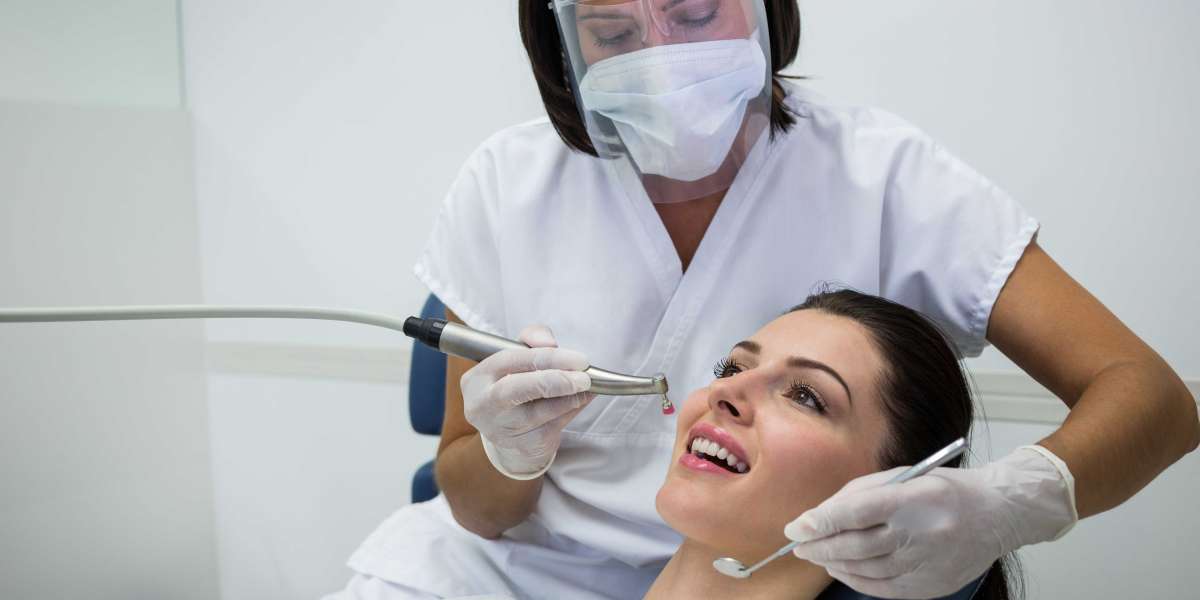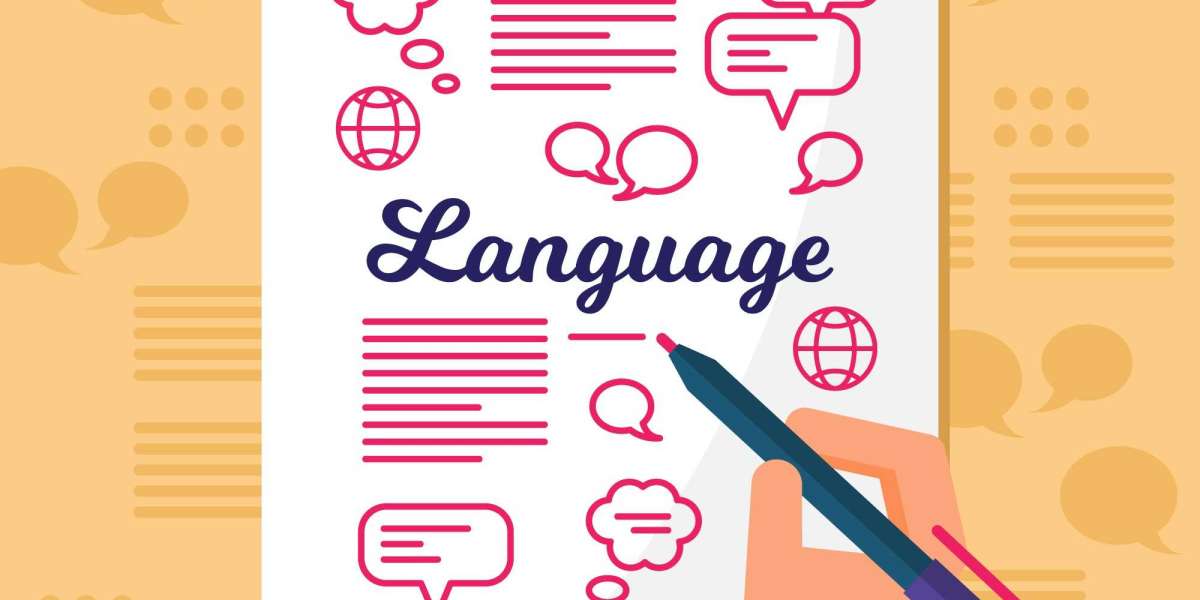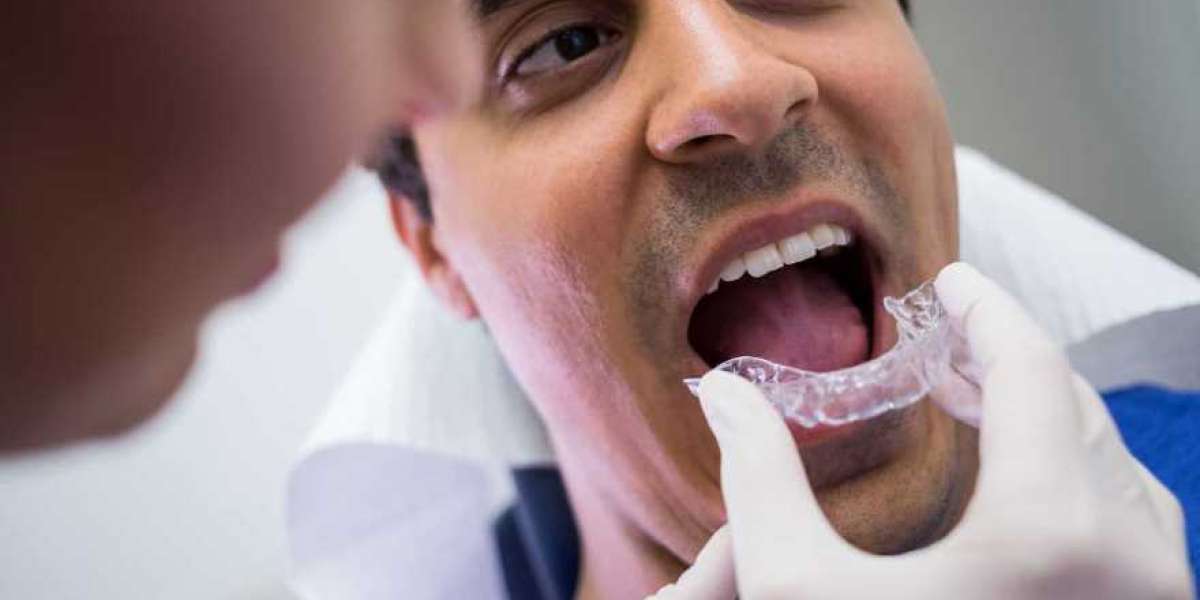Dental health is crucial for overall well-being, but what happens when you face an unexpected dental issue? That's where an emergency dentist comes in. Understanding how to handle dental emergencies can save you from pain, complications, and even permanent damage.
What is an Emergency Dentist?
An emergency dentist is a dental professional who is available to treat urgent dental problems. Unlike regular dentists, who may schedule appointments weeks in advance, emergency dentists are equipped to handle acute issues that require immediate attention.
Common Dental Emergencies
Toothache
A toothache can be a sign of various issues, from cavities to infections. If you experience sudden, severe tooth pain, it's essential to seek immediate help.
Broken or Chipped Teeth
Accidents happen, and when they do, broken or chipped teeth are common. Depending on the severity, this can range from a minor inconvenience to a serious issue requiring urgent care.
Knocked-Out Tooth
If a tooth is knocked out, quick action can sometimes save it. Place the tooth in milk or a tooth preservation product and get to an emergency dentist immediately.
Lost Filling or Crown
A lost filling or crown can expose the tooth to further damage and infection. It's important to address this promptly to avoid more serious complications.
Abscess
An abscess is a serious infection that can develop in the gums or around the root of a tooth. It often causes significant pain and swelling and requires urgent treatment to prevent the infection from spreading.
Signs You Need an Emergency Dentist
Severe Pain
If you experience intense, unrelenting pain, it's a clear sign that you need immediate dental care.
Swelling
Swelling in the mouth or face can indicate an infection or other serious issue that needs prompt attention.
Bleeding
Uncontrolled bleeding, especially after an injury, necessitates an emergency visit to prevent excessive blood loss and further complications.
Infection
Signs of infection, such as fever, pus, or swollen glands, should not be ignored and require immediate dental care.
How to Find an Emergency Dentist
Online Searches
Use search engines to find emergency dentists in your area. Look for those with good reviews and availability during off-hours.
Recommendations from Friends and Family
Personal recommendations can be invaluable. Ask friends and family if they know a reliable emergency dentist.
Local Listings and Directories
Check local directories and listings for emergency dental services. Many dental offices advertise their emergency availability in these resources.
What to Expect During an Emergency Dental Visit
Initial Assessment
The dentist will first assess the situation to understand the severity and cause of the problem.
Pain Management
Managing pain is a top priority in emergency dental care. You may receive medication or other treatments to alleviate discomfort.
Treatment Options
Depending on the issue, the dentist will provide a range of treatment options, from simple procedures to more complex interventions.
Preventing Dental Emergencies
Regular Check-Ups
Regular dental visits help catch potential problems early, preventing emergencies before they occur.
Good Oral Hygiene
Maintaining good oral hygiene is crucial. Brush and floss daily to keep your teeth and gums healthy.
Protective Gear for Sports
If you play sports, wearing a mouthguard can prevent many dental injuries.
Emergency Dental Care for Children
Common Issues
Children are prone to dental emergencies like knocked-out teeth and cavities. Quick action is essential to address these problems effectively.
Special Considerations
Children may require special care and calming techniques during emergencies. Pediatric dentists are trained to handle these situations with care.
Cost of Emergency Dental Services
Factors Influencing Cost
The cost of emergency dental care can vary based on the complexity of the issue, the treatments required, and the location of the dental office.
Insurance Coverage
Many dental insurance plans cover emergency care, but it's essential to check with your provider to understand the specifics of your coverage.
Home Remedies for Dental Emergencies
Temporary Pain Relief
Over-the-counter pain relievers can provide temporary relief until you can see a dentist.
Managing Swelling
Ice packs can help reduce swelling and numb the area, providing some comfort.
When to Go to the ER Instead of an Emergency Dentist
Severe Injuries
For severe injuries, such as jaw fractures or severe facial trauma, it's best to go to the ER.
Uncontrolled Bleeding
If bleeding cannot be controlled, seek immediate medical attention at an emergency room.
The Role of Telehealth in Emergency Dentistry
Virtual Consultations
Telehealth allows you to consult with a dentist remotely, providing initial advice and guidance.
Benefits and Limitations
While telehealth is convenient, it may not replace the need for in-person treatment in severe cases.
Case Studies of Dental Emergencies
Real-Life Examples
Reviewing real-life cases can provide insights into how emergencies are handled and the outcomes achieved.
Lessons Learned
Learning from past cases helps improve future responses to similar emergencies.
Tips for Staying Calm During a Dental Emergency
Breathing Techniques
Practice deep breathing to stay calm and manage anxiety during a dental emergency.
Staying Informed
Knowing what to expect and understanding your options can help reduce fear and stress.
Conclusion
Emergency dentist etobicoke can be frightening, but knowing how to respond and having a plan in place can make all the difference. Regular dental care and preparedness are key to managing these situations effectively.
FAQs
How quickly should I see an emergency dentist after an accident?
You should see an emergency dentist as soon as possible, ideally within 30 minutes to an hour, especially if a tooth is knocked out or there's severe pain.
What can I do if I can't get to a dentist right away?
Use over-the-counter pain relievers and ice packs to manage pain and swelling temporarily. Keep any knocked-out teeth moist by placing them in milk.
Are emergency dental services covered by insurance?
Many insurance plans cover emergency dental services, but coverage varies. It's best to check with your provider for specific details.
How can I prevent dental emergencies while traveling?
Carry a dental first aid kit, know the location of nearby dental clinics, and maintain good oral hygiene practices.
What should I bring to an emergency dental appointment?
Bring any relevant dental records, a list of medications you're taking, and any dental appliances or parts, such as a knocked-out tooth.












